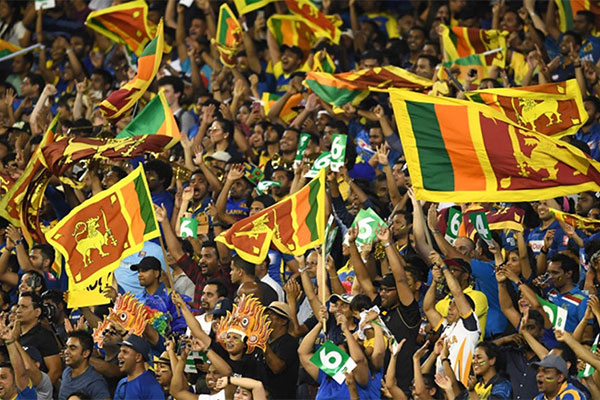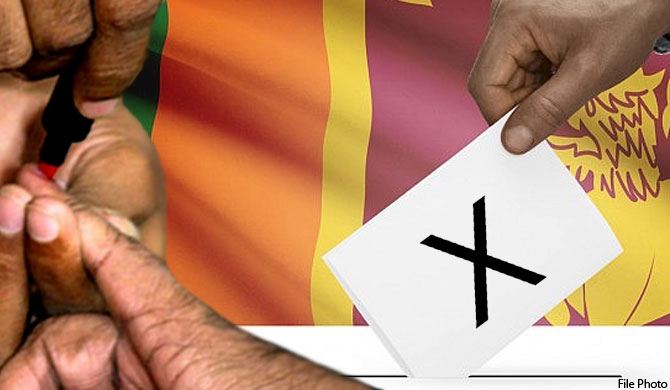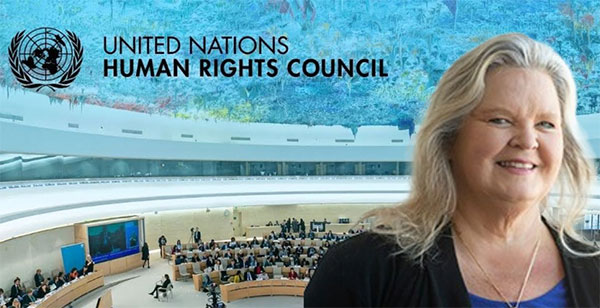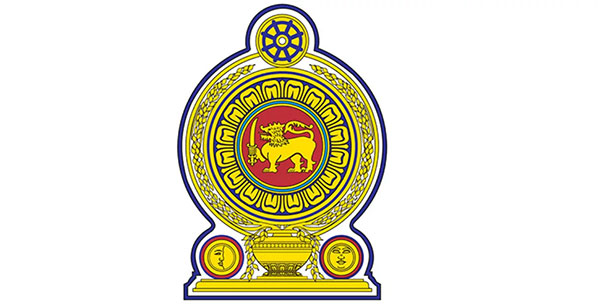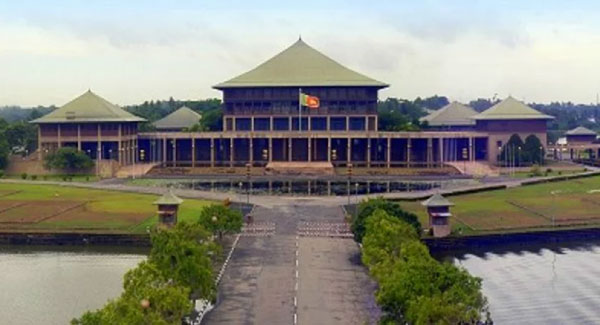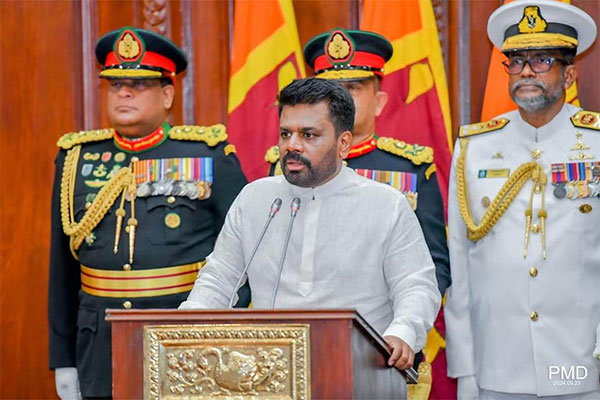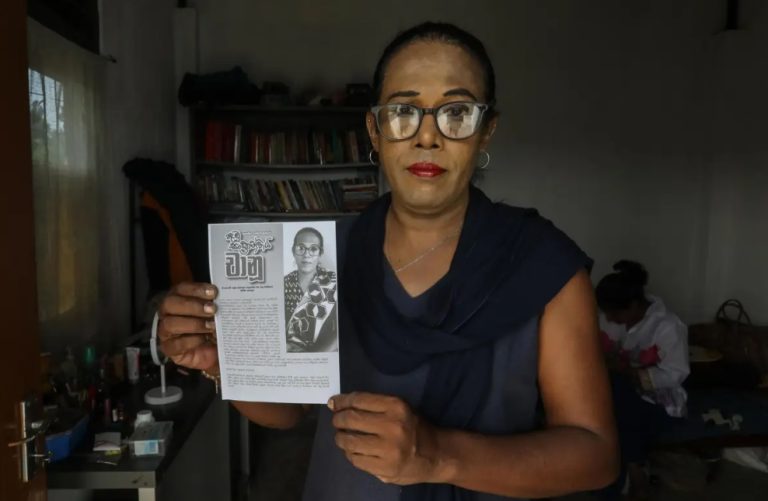– Dr. Jehan Perera
The government’s greatest success has been to make the two most serious problems facing the country invisible and perhaps irrelevant to those at the top of the economic pyramid, including the international community. The government is able to show statistics that the economy has begun to recover. Growth in the last quarter is positive at 1.6 percent. It is anticipated that this growth will continue into the future. However, there is another set of statistics that tell the story that poverty levels have doubled to 25 percent, a quarter of the population, over this period. The signs of growth are visible in the Christmas décor that the Director of Customs has said is the highest expenditure on imports at present after the embargo on them was lifted. The suffering of hungry and malnourished people remains invisible.
The other major problem, the ethnic conflict, which gave rise to three decades of war has receded into the background not seen but bubbling underneath. It is not seen by the either the government or the majority of people as a burning problem that requires urgent attention. It seemed to be different when President Ranil Wickremesinghe pledged to solve the ethnic conflict by Independence Day, February 4, in honour of Sri Lanka’s 75th independence anniversary. But he was not the first to have made this type of promise. There were promises before too, when the war had ended and the international community was putting pressure for a quick political solution. They threatened sanctions such as taking away the EU’s GSP Plus tax concession, which they did take away for three years to the cost of Sri Lanka’s economy.
The government appears to have a plan to deal with the international community on issues of accountability and to the prolonged failure to reach a political solution to the ethnic conflict. On the one hand, it is going ahead with a plan to set in motion a truth and reconciliation commission by the time the next UN session on human rights is held in March. The government has already set up an interim secretariat for the TRC which is engaged in preparatory work for the commission. On the other hand, the government is also giving an indication that it is keen on solving the ethnic conflict through a political solution. The Himalaya declaration by a section of the Tamil Diaspora and some Buddhist monks may provide a broad framework for such a solution. In the past the Tamil Diaspora and Buddhist clergy have been seen as the ‘spoilers’ on either side of the divide. Any attempt at a meeting of minds needs to be seen as a possibility or a potential solution and may be considered on its own merits.
International Support
According to media reports the United States has declared its support for the ongoing Global Tamil Forum (GTF) initiative facilitated by a section of civil society to pursue a fresh dialogue with the government and other political parties meant to reach a post-war consensus on a lasting reconciliation. After having met the GTF delegation, led by its UK-based spokesperson Suren Surendiran and representatives of the Sangha for a Better Sri Lanka at the American Embassy on Dec 12, US Ambassador Julie Chung said that the US welcomed their initiative to expand cross-community understanding and seek lasting reconciliation. Unfortunately, though perhaps understandably, even this initiative is seen as a ploy by the Tamil people and Diaspora who feel they have been left out of the equation.
Come September 2024, the UN Human Rights Council will decide on whether or not to continue with the resolution on Sri Lanka. The government will be in a strong position to overcome the sanctions so far put on it by the UN system. The ongoing wars in Russia-Ukraine and Israel-Palestine and the horrendous human rights violations taking place there may be cited by the government as reasons for de-emphasising their attention on Sri Lanka. In addition, the government will be able to point to the plethora of reconciliation mechanisms it has instituted or is in the process of setting up. The world order based on the protection of civilians regardless of the provocation needs to be rebuilt, and not at the cost of ignoring past violations as urged by the international community with regard to Sri Lanka. South Africa has been virtually alone in pressing charges against Israel in the International Criminal Court for war crimes.
However, in the north and east apart from economic hardships the people face the double burden of being treated unequally, which is the equivalent of being discriminated against. Speaking in the Parliament in August this year President Ranil Wickremesinghe called on the members to collectively advance the implementation of the 13th Amendment to the Constitution. The Amendment passed in 1987, created the Provincial Councils in Sri Lanka and also made Sinhala and Tamil the official languages of the country and declared English the “link language”. Despite the Tamil language being elevated to an official language in 1987, the people in the Tamil-majority north and east continue to get letters from the government in Sinhala.
When Tamil speaking people go to the police stations in the north and east, they have to deal with their statements being recorded in Sinhala by the Sinhala police officers which they do not understand. The numbers of senior officers in the north and east who are not familiar with the Tamil language is according to people living there on the increase which does not help to reduce tensions or gain confidence regarding the government’s commitment to equality to the Tamil speaking people. The situation is a replay a hundred years later of the plight of the Sinhala villager in Leonard Woolfe’s classic novel “Village in the Jungle” who had British justice meted out in the English language he did not understand. There are numerous other examples that can be given.
Change Wanted
The problem for the government is that despite the optics of normalcy the ground realities for people are harsh. Although prices have risen three-fold in the course of the past year, incomes of most people have not increased at all and many have not been able to even hold their jobs. A new UNDP report says top 1 percent of Sri Lankans own 31 percent of the total personal wealth in the country while bottom 50 percent only own less than 4 percent. It also says 33.4 percent of the populace grappling with vulnerability and deprivation concerning debt-related metrics. For households seeking funds for consumption, the primary sources of debt include pawning (31.1 percent), money lenders (24 percent), and banks (23.5 percent). These hardships would be conveyed to the children whose educational facilities are being cut, and who are hungry for food at night and would contribute to an increase of militancy in their minds against the government that is not looking after their interests.
So far the government has been successful in continuing to rule the country in much the same way with the same set of ministers who were driven out of office by the Aragalaya protest movement. It is worth noting that the UN in its latest Human Development Report for 2024 listed Sri Lanka as one of the three nations that stood out in Asia and the Pacific in showing agility in governance. Sri Lanka is listed alongside India and Philippines in demonstrating speed and efficiency in responding to new information, unexpected events. The report pointed out Sri Lanka created an enabling environment for different actors to come together and lobby for change and said that collective action helped uphold democratic values and enabled a peaceful transition to a new government. They failed to point out that the government did not hold elections when they were due.
The government is skillful in projecting an image that any change of government, such as through the electoral process, could lead to a reversal of the economic gains. Both the main opposition party leaders have said that they will renegotiate the IMF agreement. This is not necessarily a departure from agreement with the IMF. Opposition Leader Sajith Premadasa said they would reach an agreement with the IMF so as not to burden the people. In particular, the government has been skillful in dividing the economic classes and getting the support of the upper and middle classes by catering to their fear of change and desire to retain the good life. But the reality on the ground is that the people in the country want a change. They too want a piece of the cake and not words alone which Queen Marie Antoinette of France offered to the hungry and angry masses before the French Revolution swept her and her class away.

